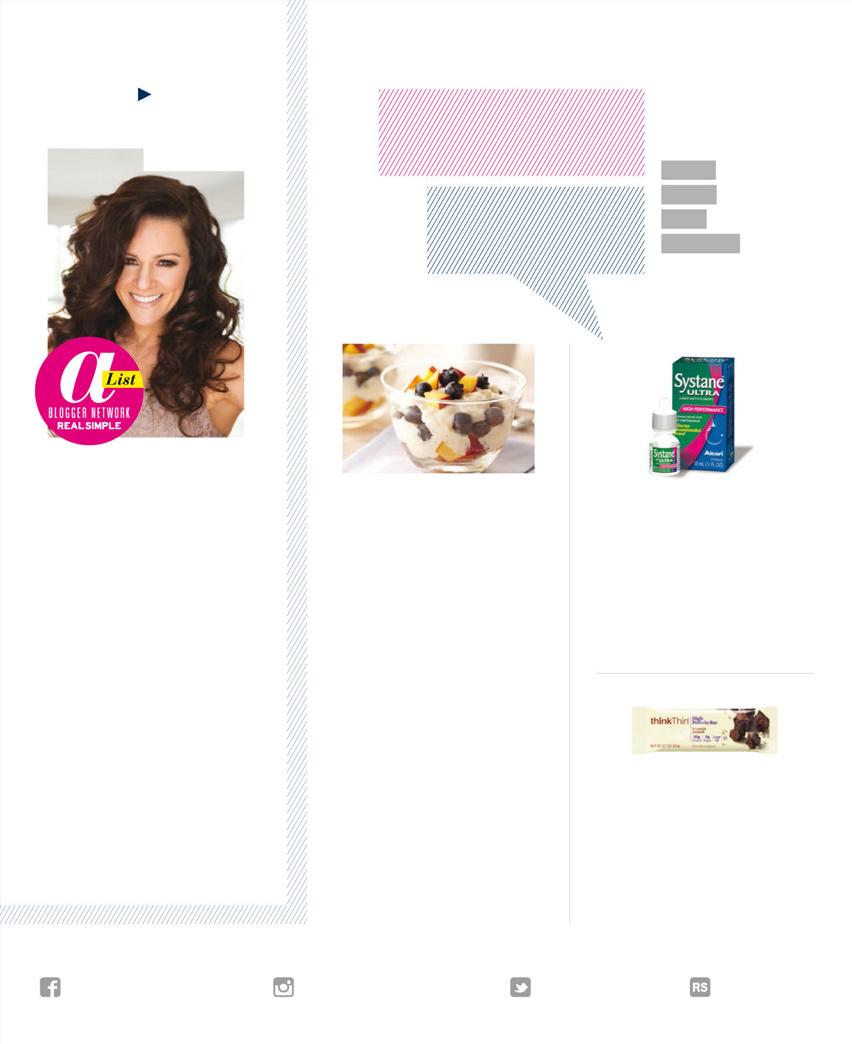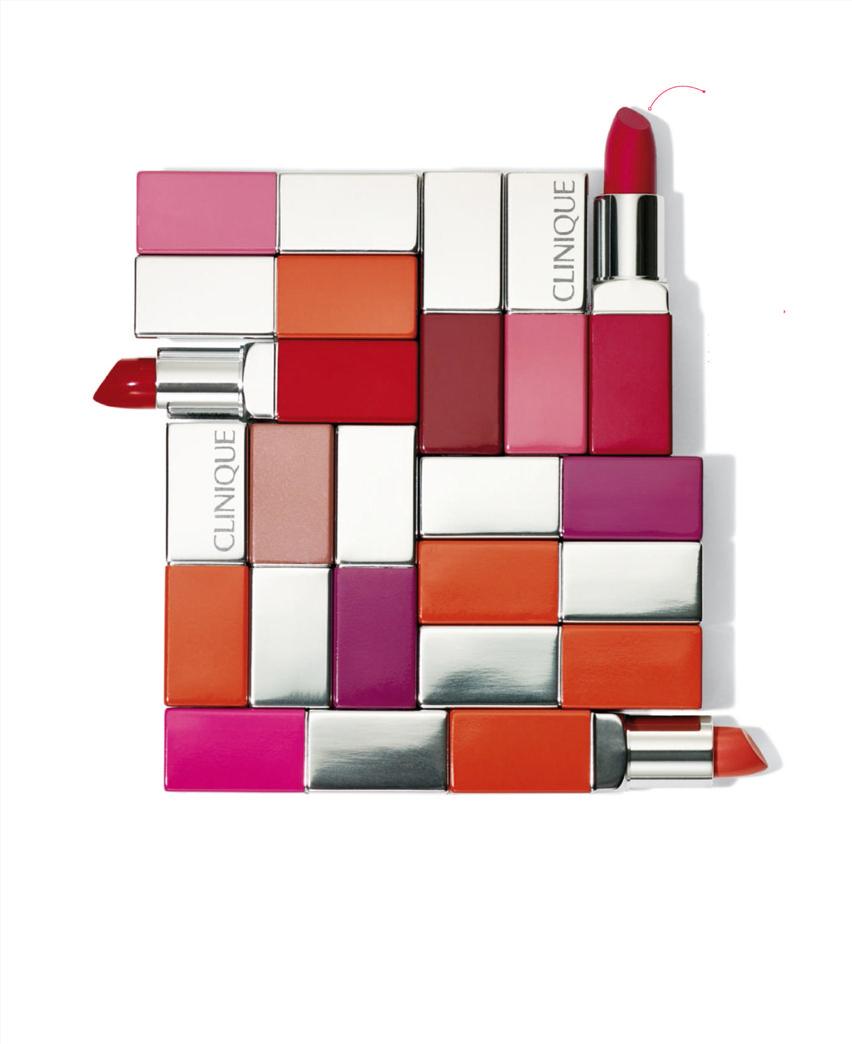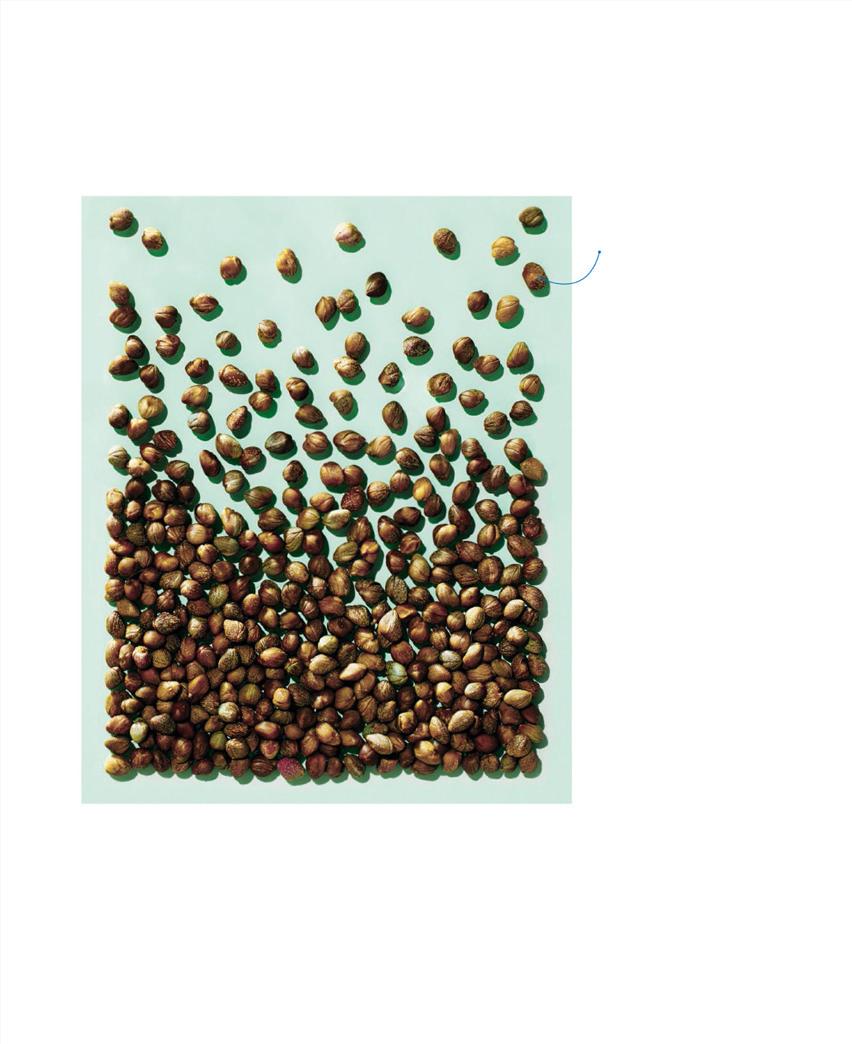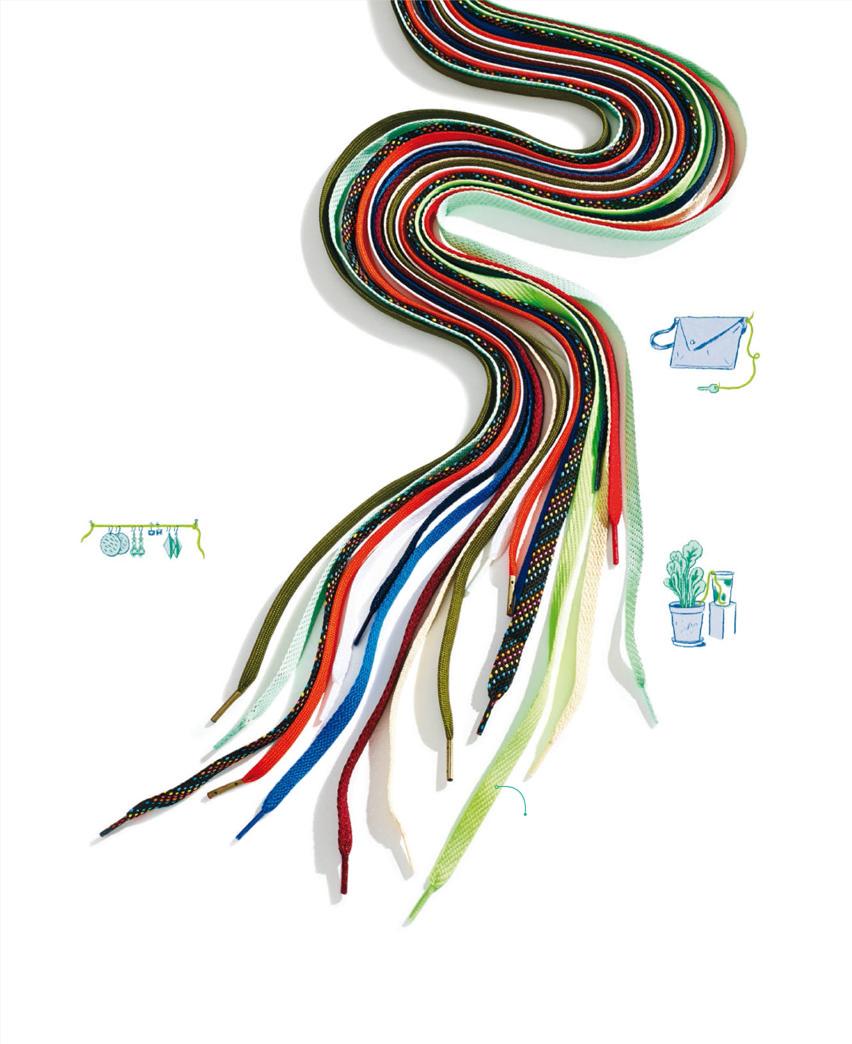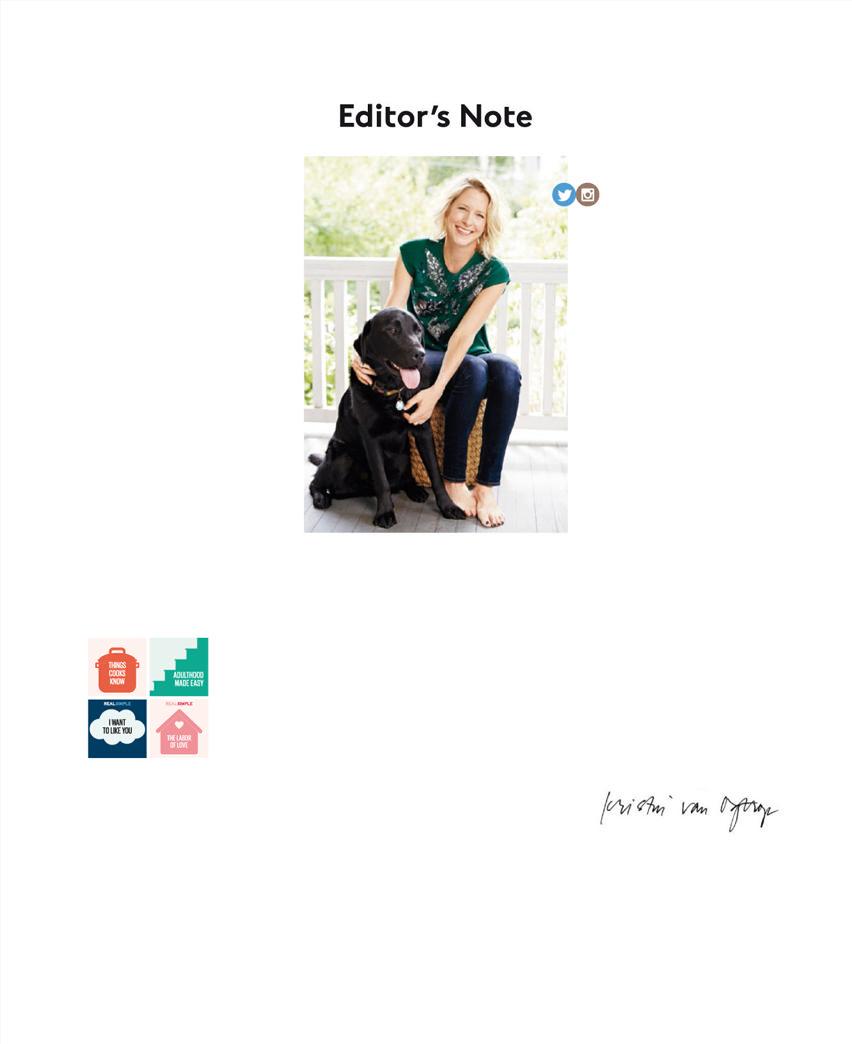are THE GUIDE health
you feeling sluggish, achy, or otherwise, well, mediocre? Before you reach for one of the bottles in your bathroom cupboard, know that there may be a better way. Hundreds of scientific studies now confirm what holistic doctors, alternative-medicine experts, and your grandmother have known for years: Minerals, plant-based medicines, and many of the foods you already have in your kitchen have the potential to heal you as effectively as pharmacological options—and, in many cases, without the side effects that can come with prescriptions and over-the-counter (OTC) drugs. “Americans take more pharmaceuticals than any other culture in the world today, and we aren’t any healthier for it,” says Chris Kilham, an ethnobotanist in Loverett, Massachusetts, and the author of Tales From the Medicine Trail. Herbs and plants sometimes offer a safer route to good health, he adds. So where to start? First, when browsing the aisles at your local health-food store, keep in mind that not all natural remedies are created equal. The U.S. Food and Drug Administration (FDA) doesn’t regulate vitamins, minerals, and herbal supplements the same way that it does over-the-counter drugs, and when the agency does catch problems, “yanking products from shelves can take months, if it happens at all,” say Pieter Cohen, M.D., an internist at Cambridge Health Alliance, in Somerville, Massachusetts, and a leading expert on supplement safety.
There’s a lot you can do to reduce your risk of buying ineffective or contaminated supplements. “Avoid anything that makes health claims like ‘sexual enhancement’ or ‘joint protecting,’” says Pieter Cohen. Companies don’t have to prove the claims, and hyped supplements often contain subpar ingredients in amounts that differ from the label. Similarly, skip multiple-ingredient products, like herbal blends. Studies by ConsumerLab.com, a company that provides independent test results on supplements, have shown that they tend to have the highest rates of contamination. Also steer clear of any product labeled “proprietary blend.” That means the maker doesn’t have to list the amount of each ingredient, so you won’t know how much you’re getting. Instead, look for the NSF International or U.S. Pharmacopeial Convention (USP) certification or verification. Both organizations conduct stringent testing for label accuracy and product purity. Finally, some supplements can interfere with prescription and OTC medications or may not be safe if you’re pregnant, nursing, or have a medical condition. Check with your physician or pharmacist before taking them. Once you get your doctor’s go-ahead, consider these researchbacked, expert-approved solutions that can help you boost your health— naturally.
THE EXPERTS S U Z Y C O H E N, R . P H . , licensed pharmacist, functional-medicine practitioner, and author of Drug Muggers: Which Medications Are Robbing Your Body of Essential Nutrients—and Natural Ways to Restore Them. (suzycohen.com)
JUNE 2015
94
FO R YO U R B R A I N BUTTERBUR: People who supplemented with this herb reduced migraine frequency by 48 percent in four months, found a 2004 Neurology study. No surprise, the American Academy of Neurology and the American Headache Society gave butterbur a Level A rating—the highest for migraine prevention. Scientists think it may reduce headache-triggering inflammation. DOSE: 50 to 75 milligrams twice a day. CHECK THE LABEL: Choose an extract containing 7.5 percent petasin that’s free of pyrrolizidine alkaloids, which can harm your liver. MAGNESIUM: This mineral, which plays a role in hundreds of bodily functions, may help prevent migraines and relieve insomnia by relaxing blood vessels and muscles. It’s also helpful if you’re prone to sleep-disturbing leg cramps. DOSE: 200 to 400 milligrams of magnesium citrate daily. CHECK THE LABEL: Choose magnesium citrate. Avoid supplements labeled “magnesium oxide,” which can cause diarrhea. MELATONIN: Insomnia? Research shows that a nightly dose of melatonin can help reset your body’s circadian rhythms (your internal clock) and improve your slumber. Melatonin, which is a hormone that your body also makes on its own, works by suppressing cortisol, the “stay awake” stress hormone. DOSE: Take 0.3 to 1 milligram an hour and a half before bed. If you don’t see an improvement, gradually increase to 3 milligrams over the course of several weeks. Stop using it once your sleep improves. CHECK THE LABEL: Time-release formulas work best. RHODIOLA: This may be the most useful herb you’ve never heard of. Native to
T O D C O O P E R M A N, M . D. , founder of Consumer Lab.com, which provides independent test results on nutritional supplements. CHRIS KILHAM, founder of Medicine Hunter, Inc., and author of Tales From the Medicine Trail: Tracking Down the Health Secrets of Shamans, Herbalists, Mystics, Yogis and Other Healers. (medicinehunter.com)
REALSIMPLE.COM
T I E R AO NA L OW D O G , M . D. , chair of the U.S. Pharmacopeial Convention Dietary Supplements Admissions Committee, author of Healthy at Home: Get Well and Stay Well Without Prescriptions, and former member of the White House Commission on Complementary & Alternative Medicine Policy. (drlowdog.com)









